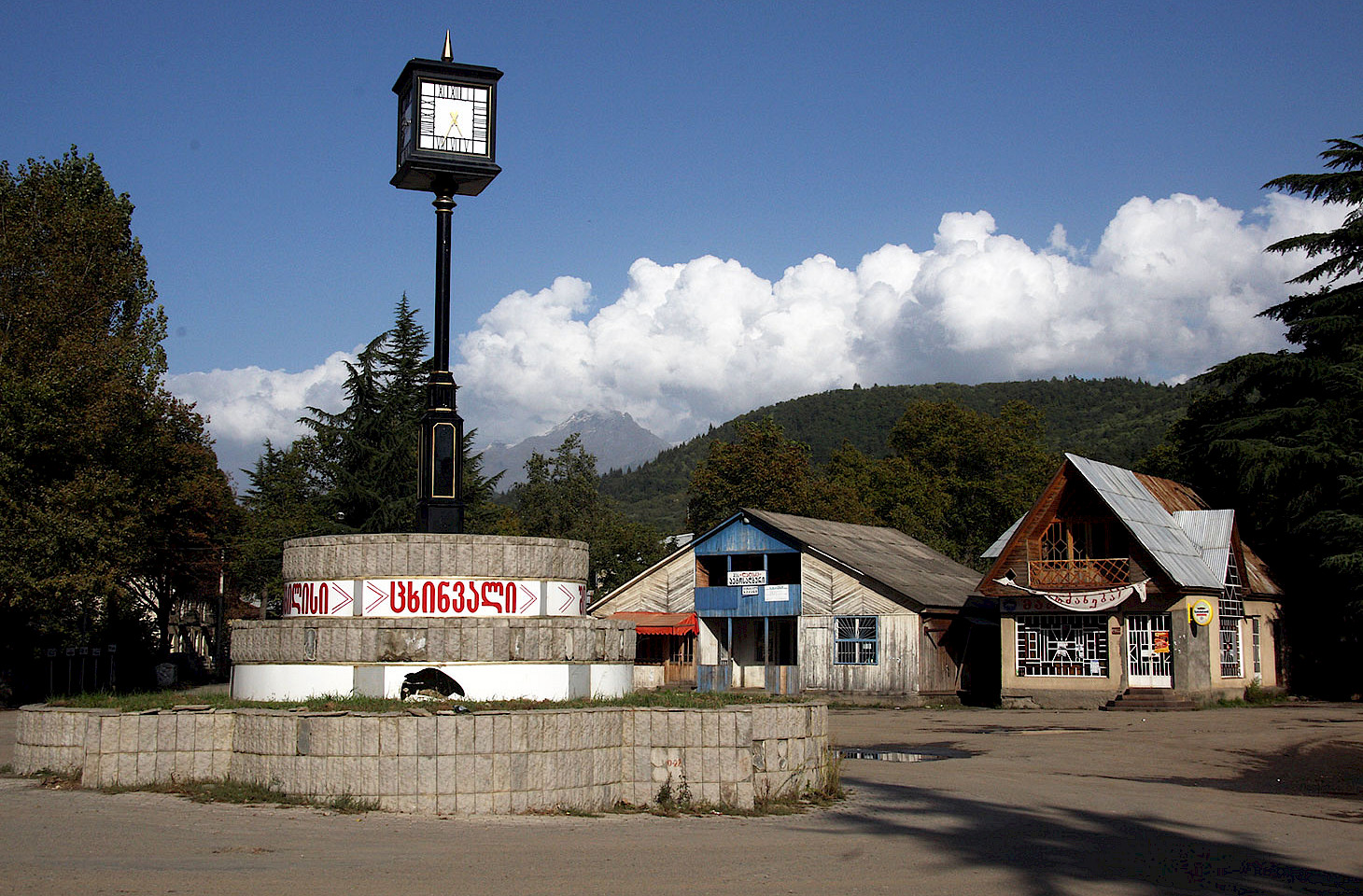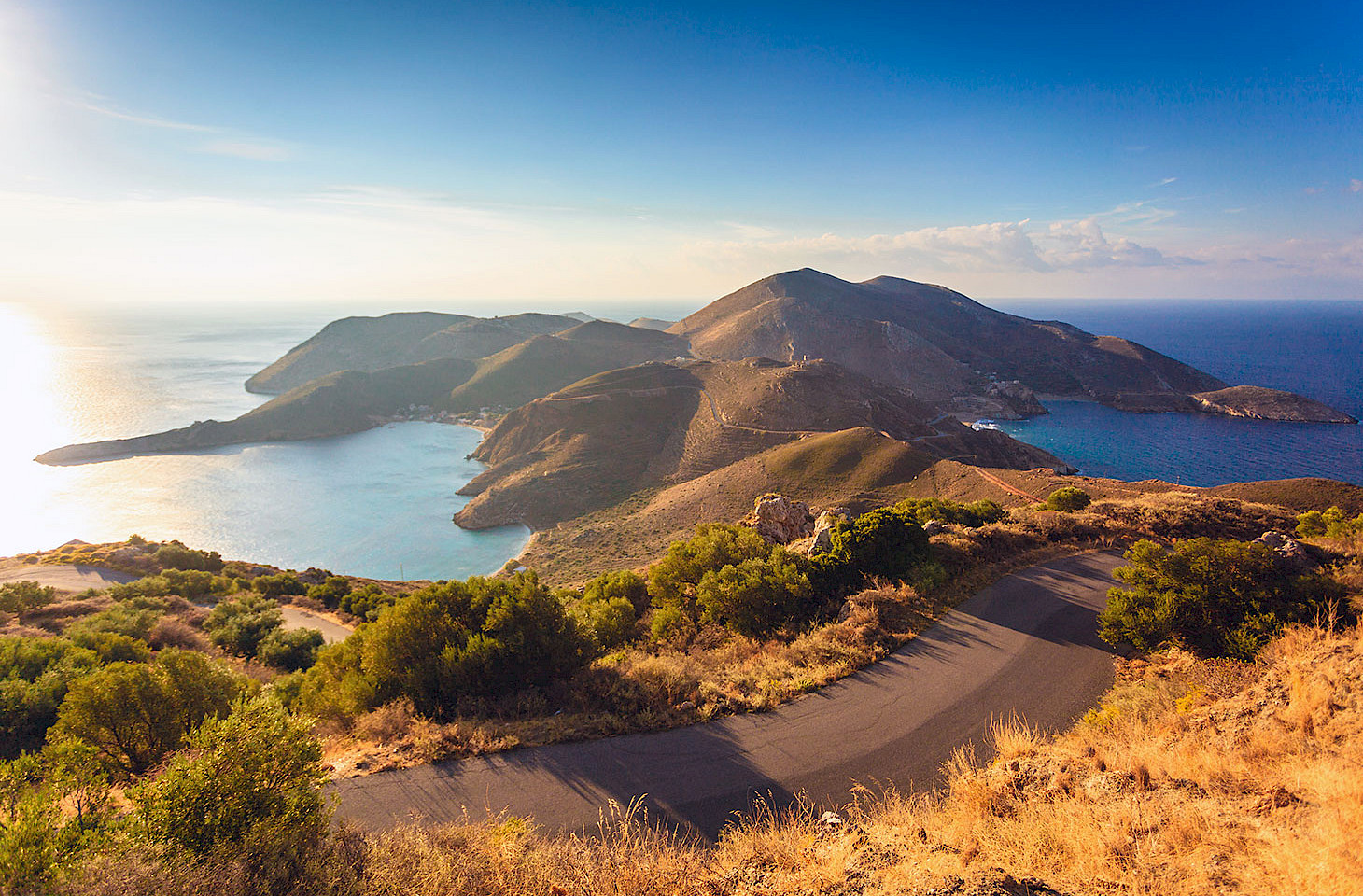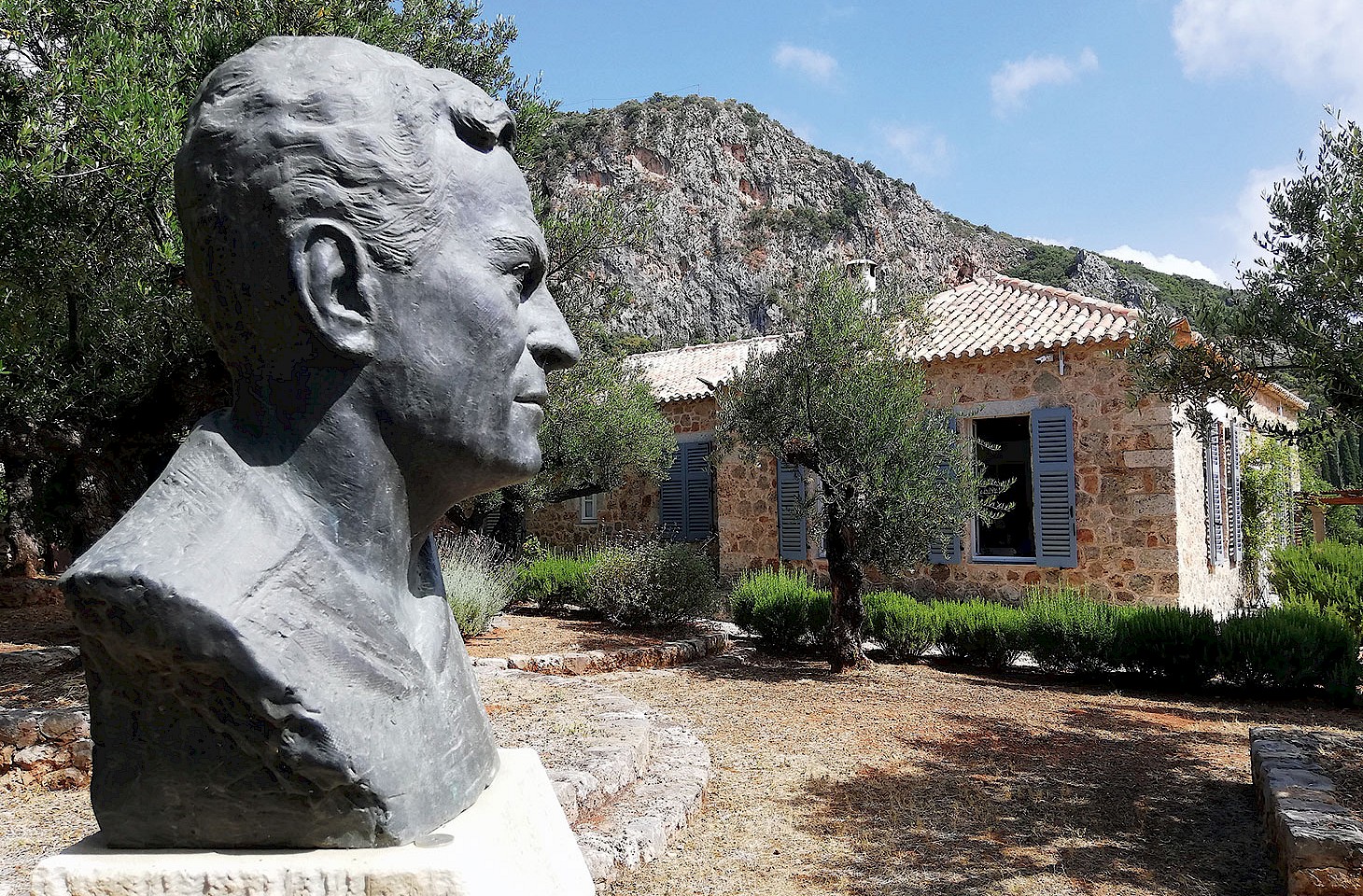Dear fellow travellers
Arabia, the Baltic and Switzerland collided this week. In our last Letter from Europe, we extolled the merits of spontaneity in travel. This week we returned to the Baltic, following an itinerary the precise trajectory of which was determined only by the rolling of dice. (Unwary travellers inclined to imitate our method might note that there is a high chance of ending up in a benighted cul-de-sac, where they might spend weeks rolling dice to secure their eventual escape).
Chance took us from Kiel to Eutin, a small town in Holstein that had somehow escaped our attention. Very fine it was too, and before long, when we have a day to spare, we shall surely pen a little eulogy to Eutin. The birth place of Carl Maria von Weber deserves to be far better known - and the particular building in which the composer was born happens, we noticed, to be for sale just now. Now there's a chance for a music-loving entrepreneur.
And chance led us twice to Switzerlands of the imagination. It was a local hotelier, one Johannes Janus, who in 1885 opened the Hotel Holsteinische Schweiz on the shore of the Kellersee just west of Eutin. Such was the popularity of Switzerland in the latter part of the nineteenth century that entrepreneurs and even entire regions were exploiting the very positive associations of the Swiss brand.
In the lake country of Holstein, the name stuck and this appealing area of northern Germany, close to the Baltic coast, is still popularly marketed as Holstein Switzerland. No matter that the hills of Holstein are mere pimples on the landscape. We saw cows and cheese in Holstein, but neither looked remotely Swiss. The only identifiable similarity with Switzerland was that the buses, trains and boats all conformed perfectly to their prescribed timetables.
As it happens, a day or two after visiting Eutin - now on a slow train that was woefully late - we found ourselves travelling through another Swiss pretender. By contrast with the Holstein Switzerland, the Mecklenburgische Schweiz seemed positively mountainous. We noticed a perceptible ripple of hills. At their highest elevations, those hills may even extend above the one-hundred-metre contour. We asked naively what might be the connection with Switzerland, wondering if possibly the local villages were full of fondue and cuckoo clocks. "The very name Switzerland stands for a certain feeling," pronounced a local man with grave authority. "It's about recuperation and rediscovery. It's balm for the body, balm for the soul."
All very poetic, we judged, and words well worth recalling next time we are stuck in a traffic jam in the Zürich rush hour. We may be wrong, but we think Mecklenburg's Swiss pretensions might be very modern. It was only a few years ago that a group of villages south of Rostock came together in an administrative union (called an Amt in German) that claims a nominal Swissness. If the union is as collegial in spirit as that which prevails among the cantons of the Swiss confederation, then perhaps there really is a little corner of Switzerland in the forests south of Rostock.
All good journeys, be they perfectly planned, governed by mere whims, or the rolling of dice, run their course. We wanted, in any case, to be back in civilisation to celebrate Eid this weekend (marking the end of Ramadan - though the Turkish population of Germany prefers the term Bayram over Eid). As always in Ramadan, there was a touch of the East in our travels during Islam's holiest month. We were in Baltic lands, local affectations suggested we might be in Switzerland, but our souls were in Arabia. At least in part. We always read on our journeys, and these past weeks have been reserved for travelogues about the Arab world, most recently Freya Stark's A Winter in Arabia. You can read Nicky's reflections on this classic text on our website.
That was our week. But now we watch and wait for a first glimpse of the crescent moon.
Nicky Gardner and Susanne Kries
(editors, hidden europe magazine)




